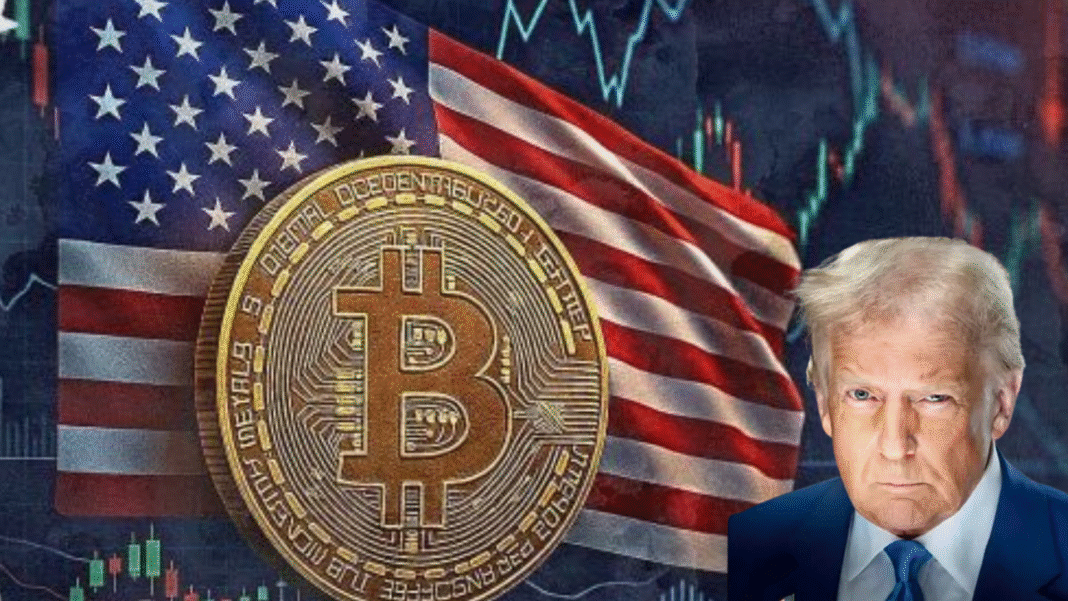The United States government officially commenced a shutdown at midnight on Wednesday, marking the first shutdown in six years after Congress couldn’t reach an agreement on a funding bill.
The stalemate comes at the start of the new fiscal year, while various federal agencies are out of money, causing significant disruptions across essential services.
From aviation to national parks, daily operations are already feeling the strain, plus nearly 800,000 federal employees, who add up to around 40% of the overall workforce, will be required to go without a paycheck.
The shutdown went into effect on October 1st, exacerbating the divisions in American politics and worsening the strains on the government as it is pressured to enact longer-term legislation that includes both cuts and laid-off employees.
Why This Shutdown Feels Different
Though government shutdowns are not new, with the most recent occurring in 2018, this one is more acute.
The lawmakers’ inability to find a common ruling has contributed to this uncertainty, and essential services may be operating on skeletal staff.
Agencies, which are already stretched, may now be stretched even further as Congress continues its stalemate.
The Senate is likely to revisit a Republican proposed funding plan or kick the can to October; however, if bipartisan concessions are not made, there seems to be little forward progress.
Millions of Americans prepare for the trickle-down effects on public services and economic stability, knowing that the longer the shutdown lasts, the more extensive the havoc.
Also Read: US Crypto Market Structure Bill Expected Before End Of 2025: White House Adviser
Potential Impact on the Crypto Market
Although cryptocurrency is not directly impacted by a federal spending budget, reduced release of data, reviews from regulators, and uncertainty in financial markets have stemmed from earlier shutdowns.
Analysts warn that this type of atmosphere creates volatility with digital assets, specifically Bitcoin and Ethereum, as they have greater macro sensitivity.
Smaller tokens may also exhibit even greater declines in uplifted volatility. Johnny Garcia, managing director of institutional growth at VeChain, said shutdowns may result in volatility, but history tends to show stability after resolution.
That stated, investor confidence has wavered, and the outlook of crypto remains susceptible to political chaos.
Also Read: US And UK Launch Joint Taskforce For Boosting Crypto Markets Of The Future
Crypto ETFs at Risk of Delays
One key challenge for the digital asset space is the possible postponement of spot crypto exchange-traded funds (ETFs).
Things were looking positive in September after the SEC eased its approval process, creating a belief that issuers such as VanEck, 21Shares, and Grayscale could get their Solana ETFs approved as soon as next month.
Bloomberg analysts alleged that there was even a 100% chance of approval this year. However, ETF analysts such as Nate Geraci cautioned that the shutdown could upset that timeline.
At the same time, political power brokers are weighing in as Donald Trump Jr. recently said cryptocurrency will ultimately help protect the strength of the dollar globally. This is another contribution to the growing visibility of crypto to political or regulatory stakeholders.
Also Read: U.S. SEC And CFTC Propose 24/7 Markets For Securities Markets Similar to Crypto Markets
Broader Legislative Delays Ahead
In addition to ETF restructuring, these events could delay other important legislative activities in the U.S. crypto market.
The White House has been calling for a market structure bill by the end of 2025, which would combine activities such as the CLARITY Act with proposals from the Senate to increase regulation of the industry and nudge crypto firms to stay onshore.
Additionally, lawmakers had planned to have a hearing on tax rules regarding digital assets in the month of October, which many would argue has been a long time coming, and could get some additional clarity on how the IRS views cryptocurrencies and NFTs.
Both of these items may likely see delays, extending uncertainty in a market that deeply relies on regulatory guidance to grow and foster investor confidence.
Also Read: Total Crypto Market Cap Reclaims the $4 Trillion Mark, What’s Happening?


